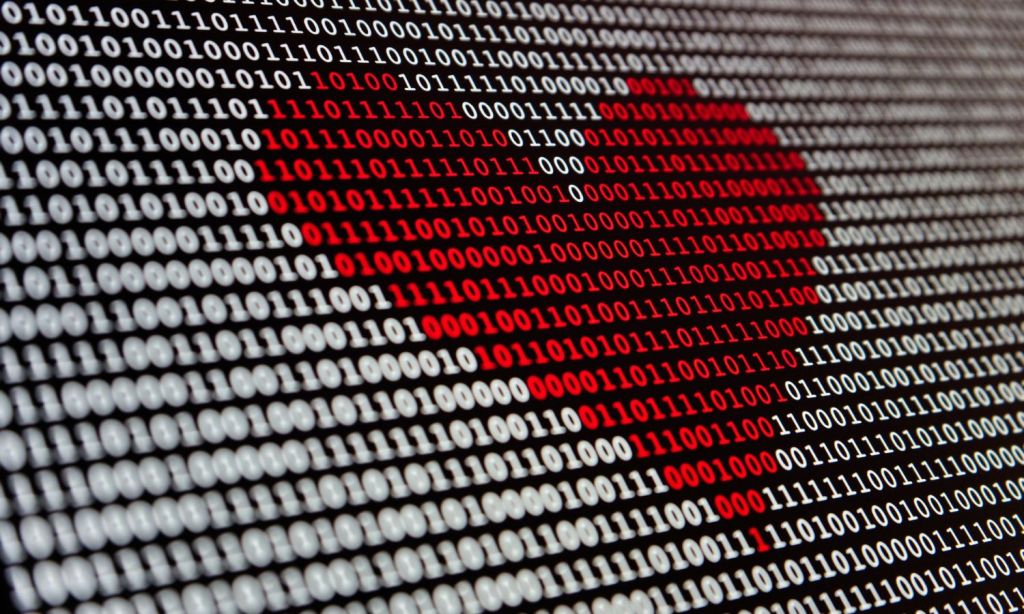Artificial intelligence and its application in, well, practically everything is the certified bandwagon of 2023. Now, the dating app Bumble has said that it’s exploring AI technology to help prevent toxic relationships before they can even get off the ground.
Bumble founder and outgoing CEO Whitney Wolfe Herd has said her aim in starting the female-centric dating app was always to make the internet a safer place for women. In 2023, of course, that means deploying AI.
“AI is a blessing from above when it comes to matching algorithms,” Wolfe Herd told the Leaders in Innovation podcast.
“There are so many low-hanging fruits here just today alone. Clip technology. Using image detection. How can we extrapolate personality from what we’re seeing in a photo and explain to you explicitly why this person would be good or bad for you?”
The dating app has a track record when it comes to using AI technology in an effort to keep women safe. In 2019, they debuted an image-detection algorithm that can identify and block inappropriate images before the recipient sees them with 99% accuracy, they say.
Collaboration between the company and US lawmakers eventually brought the issue of ‘cyberflashing’ into the spotlight, leading to states in the US and the United Kingdom outlawing the practice.
“Our matching, it’s come a long way, but why I am so excited about the future of this business is I think it can improve tenfold,” Wolfe Herd said.
She explained that she envisions a future where AI can pair users within just a couple of swipes and may even be used to power virtual personal assistants that can assess a profile for potential issues. It’s all in an effort to prevent abusive or toxic relationships from forming and help people find better matches overall.
However, she notes that, much like the internet in general, AI technology is not geared towards women either. The biases encoded in AI — owing to the male-dominated nature of their programming and the undercurrent of misogynistic philosophy embedded in much of the training data used to develop the programmes — can only be corrected with more female participation in the sector.
“This is where we have to engage women,” Wolfe Herd says. “We have to get women doctors involved, we have to get women scientists involved, we have to get women’s studies involved. We have to have women controlling, to some degree, the input.
“I do believe that [AI] can be super powerful to improve women’s lives if we engage properly right now.”
AI Dating Apps
Bumble is far from the only dating company that is focussing its efforts on AI. Tinder, which Wolfe Herd also co-founded, announced in August that it had formed an internal research group dedicated to employing AI to “holistically improve the end-to-end dating experience”.
AI-native companies like Rizz and YourMove.AI have also popped up, claiming to use AI technology to enhance a user’s search for true love — or lust. As with everything AI-related, if it can be dreamed up (nightmared up?), it is only a matter of time until it emerges.
It’s unclear whether the inclusion of AI into the online dating space will be able to pull the sector out of its tailspin. Commentators have noted that the rise of AI dating is likely to further enhance the “bleakness” of online dating. While matching algorithms are one thing, AI-assisted online flirting, already a popular practice, is a recipe for IRL disappointment.
When Wolfe Herd announced she would be stepping down as CEO of the companies she founded nearly a decade ago, it was reported as a decisive indicator that people are burnt out on dating apps. Bumble share prices are down 40% this year and analysts are noting that younger generations are steering away from ‘the apps’. The valuation of Match, which owns Tinder and a host of others, is also down by nearly a third.
The ever-prescient dystopian TV show Black Mirror of course gives us some insight into the perils of AI dating. Season Four’s ‘Hang the DJ’ episode charts the romance between two unassuming human algorithms in a race against the clock for true love. In the end, the algorithms break out of the hyper-charged artificial search for ‘the one’ to live together with as much time as they need to form a true connection.
And, of course, someone has already taken the episode as inspiration to make a very similar dating app.
Related: This Sydney Tech Startup Created an AI Tutor 25% More Accurate Than ChatGPT
Related: The World Is Finally Beginning to Regulate AI
Read more stories from The Latch and subscribe to our email newsletter.

